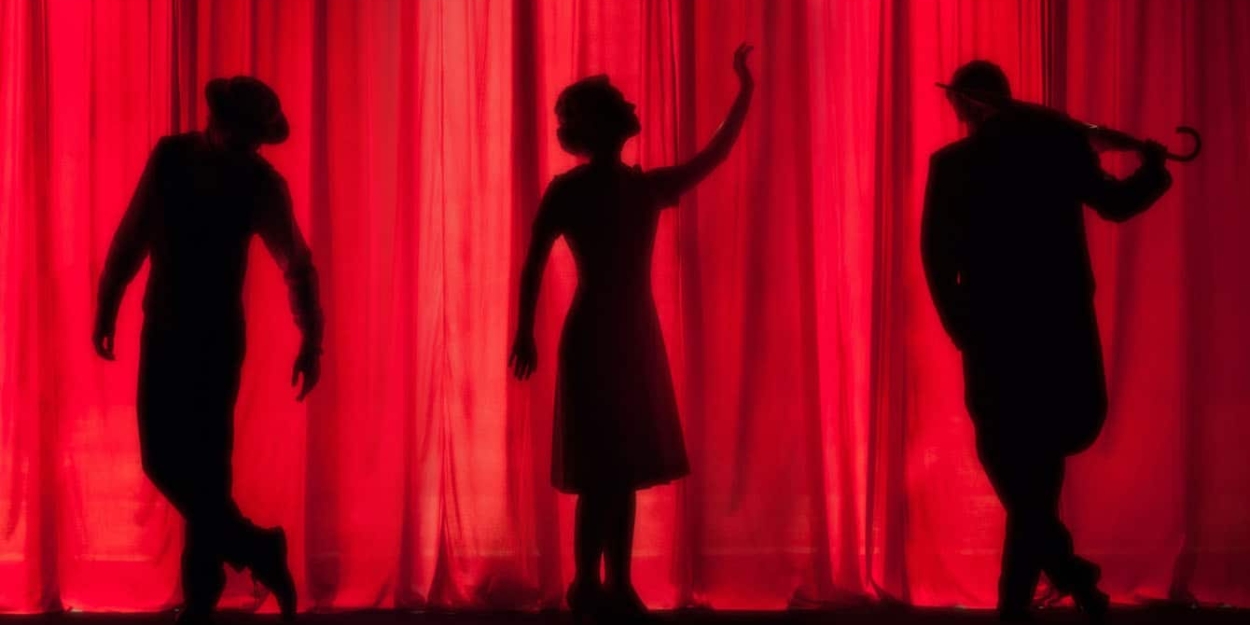Student Blog: Benefits from Theatre Education
“The theatre is a place where one has time for the problems of people to whom one would show the door if they came to one’s office for a job” (Tennessee Williams).

“The theatre is a place where one has time for the problems of people to whom one would show the door if they came to one’s office for a job” (Tennessee Williams). Theatre is one of the only places an individual can impact others on various levels as a storyteller and truly be valued for using their creative side. Such an influential subject needs to be taught and experienced nationally as well as globally in order to touch the hearts of audiences everywhere. Theatre education is both important and beneficial for young people to expand creativity, provide a safe space, and prepare individuals to encounter diverse people and situations, and improve communication skills and to deal with rejection.
Theatre is a valuable art form that should be practiced by all because it increases imagination and heightens creative thinking. A common misconception is that theatre is just about acting and singing, but in reality it is so much more than that. This art form is a heavy mix of real life and make believe. It not only teaches how to have imagination, but it can sometimes teach a greater lesson in a way that is easier to understand for all audiences. Theatre is not just for adults and older individuals, it can also greatly benefit children. A study done in favor of teaching drama to children showed integrating theatre-like activities in either daily or weekly life, allows children to take an active role in their teaching and learning process. These kids are not just sitting in the classroom, but doing hands-on projects that make them interact creatively, as well as feel they are getting personally incorporated in their education.
Theatre can provide a constant safe space for all individuals regardless of race, body image, or any other factors that might set someone apart in another work field. I have always had a very hard time feeling self-conscious when it comes to openly communicating in front of others, and body image issues that have at times impaired me from doing anything. When it comes to theatre I have always felt appreciated and needed, it is the one place a diverse group of people can acknowledge my abilities, and let me know I’m needed. The feeling of being valued by peers is so liberating and special for someone who tends to feel embarrassed means more to me than I can be put into words. Not only do people feel safe in this setting, an individual can be equipped with how to talk to people different from them. I love that theatre has such a welcoming reputation because it is one of those things that draws a person into it. The art of drama could not be what it is without thorough diversity, and diversity in itself is such a beautiful thing. Shows that a person reads, rehearses, and performs teaches various topics that relate to life. An individual is not forced into believing something else, but one is shown another concept or way of thinking they might not have experienced in another environment. Theatre equips people for dealing with diverse people, situations, and emotions. Similar to points I have made previously, people from all different walks of life are involved in that industry, meaning one is getting exposure to diverse groups frequently. I have had the opportunity to perform in shows with individuals from both Spain and France. The conversations I got to have with them are conversations I would have not had the chance to have if I were somewhere else at that moment.
Theatre requires an individual to be in constant communication whether it is on stage or behind the scenes. Communication is something everyone does everyday, and getting the chance to talk with various types of individuals and situations thoroughly prepares someone for multiple types of internations. If someone is on the audition side of theatre, they will go through the process of practicing and presenting for directors. During that procedure someone will either experience acceptance or rejection for a role. Rejection from an audition will not just affect someone in the theatre world, but it will teach the importance of dealing with rejection in life. People are not always going to have things easy, or have things accepted by everyone, it is crucial to learn how to respond to rejection and how to learn from it. If someone is in an audition and does not get their desired role, they will get notes from the director they can use for future projects as advice. Maybe in that certain audition someone was too quiet or did not use quite enough emotion, next time they find themselves in a similar situation, they can react accordingly. People need to learn that rejection is not always a reflection of character either. Strengths and weaknesses vary by person which is something seen everyday in theatre, but it is important to remember that everyone has a perfect part to play for themselves.
Theatre gives people a safe and respectful place to express their various ideas and opinions without fear of reprisal, and theatre also prepares people for many different scenarios they will face in life. Theatre education is something that clearly can better the world and society. I optimistically look forward to the future when everyone can be involved in theatre education, and values its importance.
Comments
Videos


